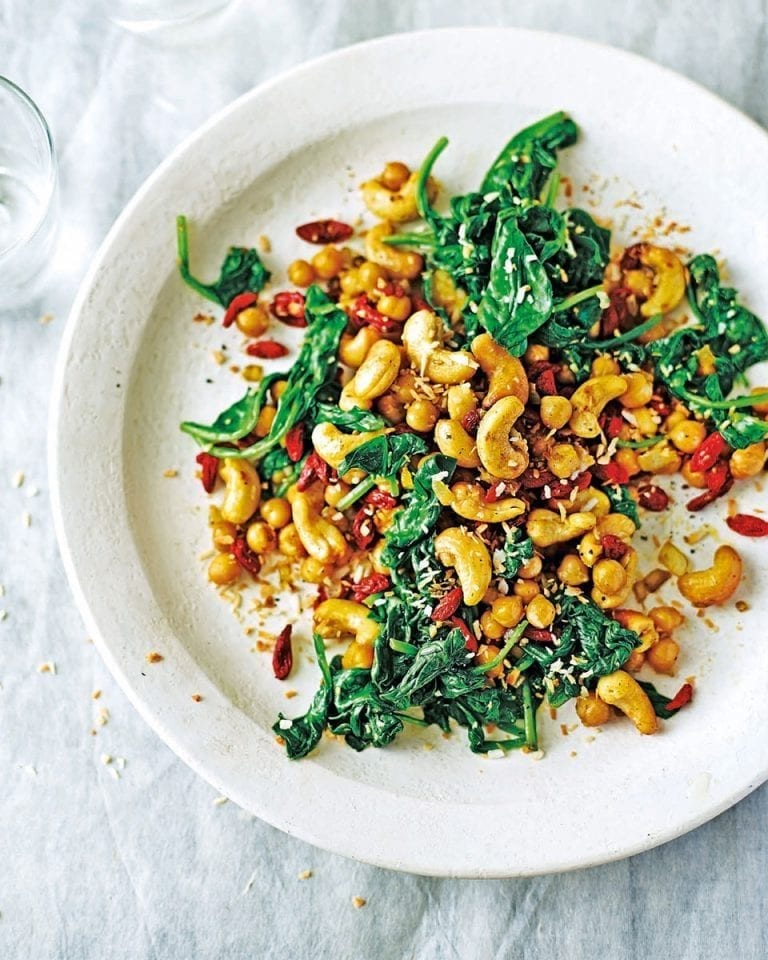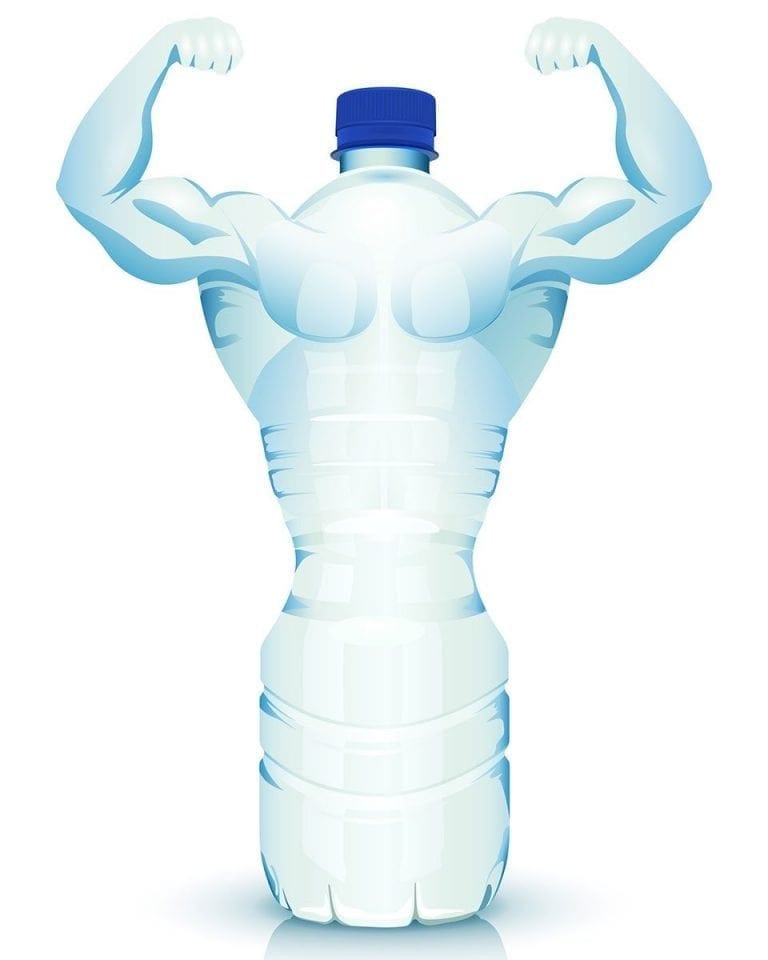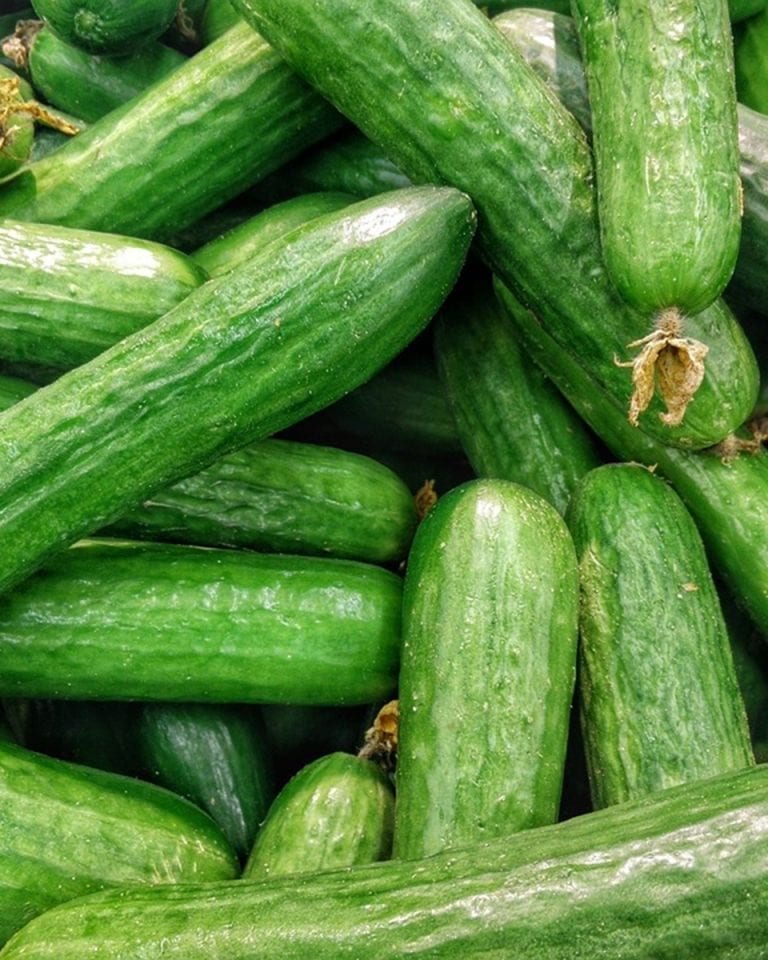Is going on a detox good for you?
We’re exhorted to glug kale juice to flush them out of our system, or to knock back expensive supplements to counter their effects. They’re invoked as the cause of everything from obesity to cancer. Yet they’re referred to vaguely, like mysterious baddies lurking in our anatomical shadows.
But what are toxins and how do they actually affect our health? Sue Quinn tells all.
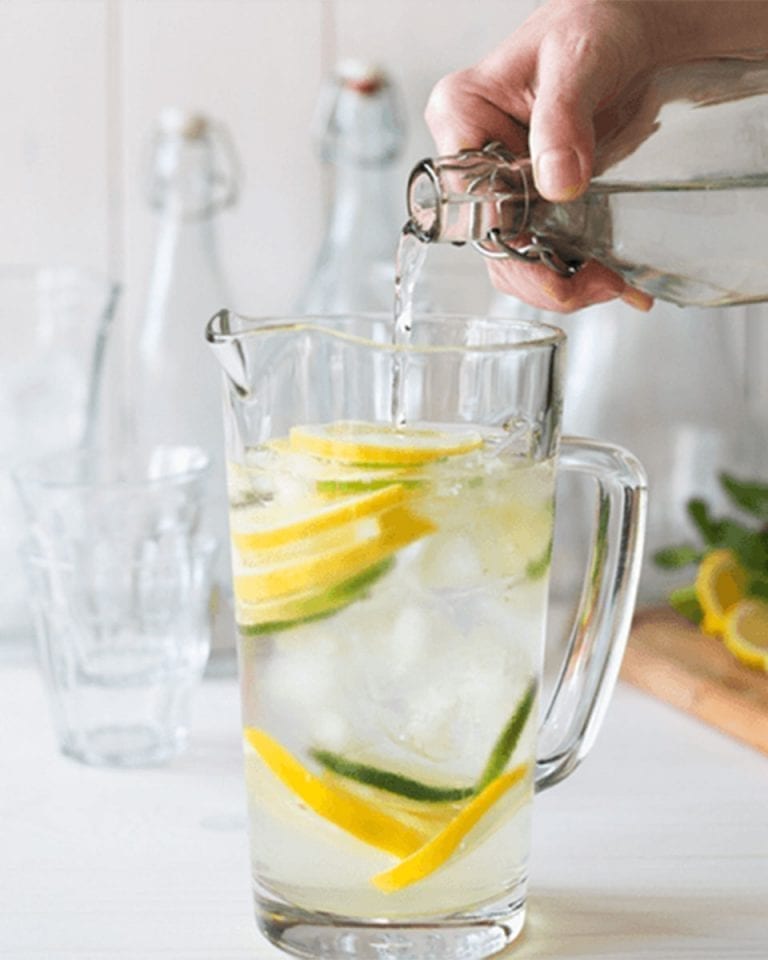
Scan the headlines and you’d be forgiven for thinking our bodies are awash in noxious soup. “How toxic is your food?” asked one recent headline above an article claiming that toxins cause weight gain and colds. Another article urged readers to “flush out toxins” by drinking eight glasses of water and two cups of green tea every day.
While it’s true that some substances in food can cause specific health problems, scientists believe the word ‘toxins’ is bandied about far too generally – and often incorrectly.
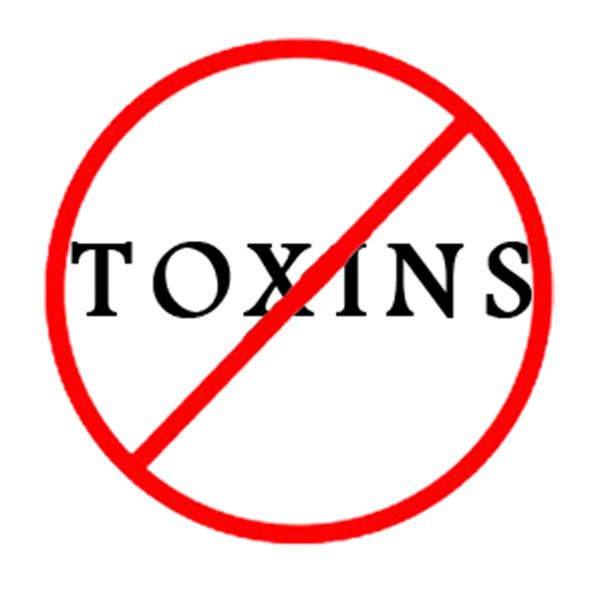
The dose makes the poison
Potentially toxic compounds are found in foods we eat every day, but whether or not they’re actually toxic depends on how much you have
of them. “Since the 16th century, science has recognised that it’s the dose or level of exposure that makes something toxic,” says Dr Rachel Ward, a biochemist, food regulatory specialist and adviser to the food industry on contaminants and toxins. “If you’re exposed to enough of something, even water or essential vitamins, it becomes harmful to the body. There are many natural substances in our food that can be toxic, but only at high levels – at lower levels they
can have beneficial effects.”
Beta-carotene, present in citrus fruits, is considered a good toxin. It’s an antioxidant that’s thought to help protect against cell damage, and is also a key source of vitamin A, which is essential for a healthy immune system, eyes and skin. “Too much, though, can turn your skin orange (carotenodermia) and actually increase your risk of lung cancer, brain bleeds and heart failure,” warns Dr Ward.
Vitamin D is another case in point: it’s essential for healthy bones and teeth, but too much can cause a range of serious health problems, especially in children. “With any vitamin and mineral, it’s important to abide by the recommended daily intakes, as well as to eat a healthy balanced diet,” Dr Ward says.
She adds that scientists reserve using the word ‘toxin’ for substances that are harmful in low doses, such as cyanide or strychnine.
Natural vs synthetic
It’s widely implied by those promoting ‘detox’ treatments that naturally occurring toxins are better for us than manmade. But that belief doesn’t hold true, says
Dr Ward. “It is a myth that natural toxins are less harmful to health than synthetic ones,” she says. “Manmade substances can be just as safe as naturally occurring substances – in fact, they can be engineered to be safer.”
According to The Food Standards Agency (FSA), some foods contain naturally occurring toxins that are best avoided. For example, red kidney beans contain toxins called lectins, which can cause stomach ache, vomiting and diarrhoea. But these are destroyed when the beans are soaked for at least 12 hours, then boiled vigorously for 10 minutes before eating (canned kidney beans are fine). Likewise, green and sprouted potatoes contain glycoalkaloids, which, on rare occasions, have been known to cause severe stomach ache and illness (to be on the safe side, always remove green/sprouted bits).
The FSA also advises everyone to avoid mouldy food (except cheese that’s supposed to be mouldy, such as stilton), including rotten or damaged apples. Meanwhile, pregnant women and those trying to conceive shouldn’t eat foods rich in vitamin A, such as liver or liver products, as excessive amounts can damage the foetus.
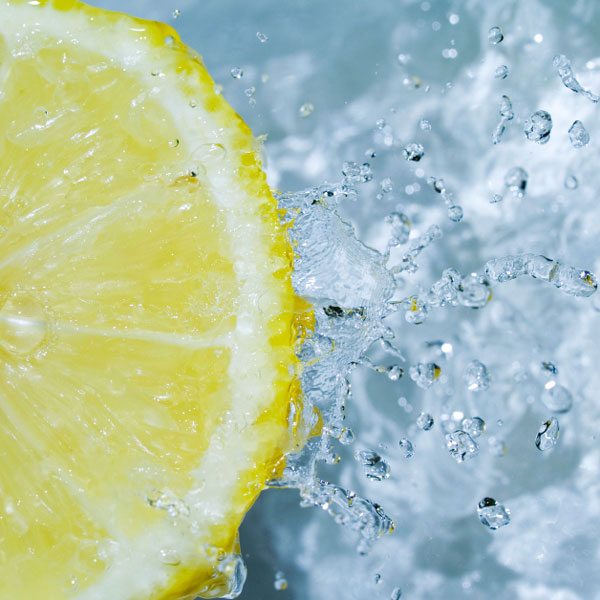
Detox: a waste of time?
Dieticians are sceptical as to whether popular ‘detox’ strategies,
such as juicing, can flush away toxins, while others dismiss the theory entirely. “It’s not possible
to detox your body with anything other than your body’s own liver and kidneys,” says Priya Trew of
the British Dietetic Association. But Dr Ward adds that we need to drink enough water to enable our kidneys to do their job properly. “Drinking the recommended 8-10 glasses of fluid, especially water, each day helps our kidneys to play this vital role in protecting us from toxins.”
Our bodies need certain levels of toxins. Drinking enough liquids and making careful choices about what you eat is a better bet than believing everything you read about toxins (good and bad) and the need to flush them all away.
Does organic food contain less toxins?
Organic foods are grown without chemical pesticides or fertilisers, so does this make them a safer choice? Regulators in the UK and Europe insist levels of pesticide residues commonly found in fruit and veg are safe – but not everyone agrees.
Organic advocates argue that traces of pesticides can accumulate in the body and become toxic over time. Peter Melchett, policy director at the Soil Association, says little is known about the effect of chemical residues on health. “Historically, one pesticide after another has been claimed to be safe, then banned because scientific evidence shows it’s a threat.” He points to glyphosate, the most widely used weed killer, as an example; the European Food Safety Authority is reassessing whether the weed killer should remain on its list of approved substances since the World Health Organization ruled last year that glyphosate was “probably carcinogenic to humans”. Ultimately, whether to buy organic produce is a matter of choice and budget. It makes sense to do some research to inform your decision.
From the May 2016 issue of delicious. magazine
Subscribe to our magazine
Food stories, skills and tested recipes, straight to your door... Enjoy 5 issues for just £5 with our special introductory offer.
Subscribe
Unleash your inner chef
Looking for inspiration? Receive the latest recipes with our newsletter
